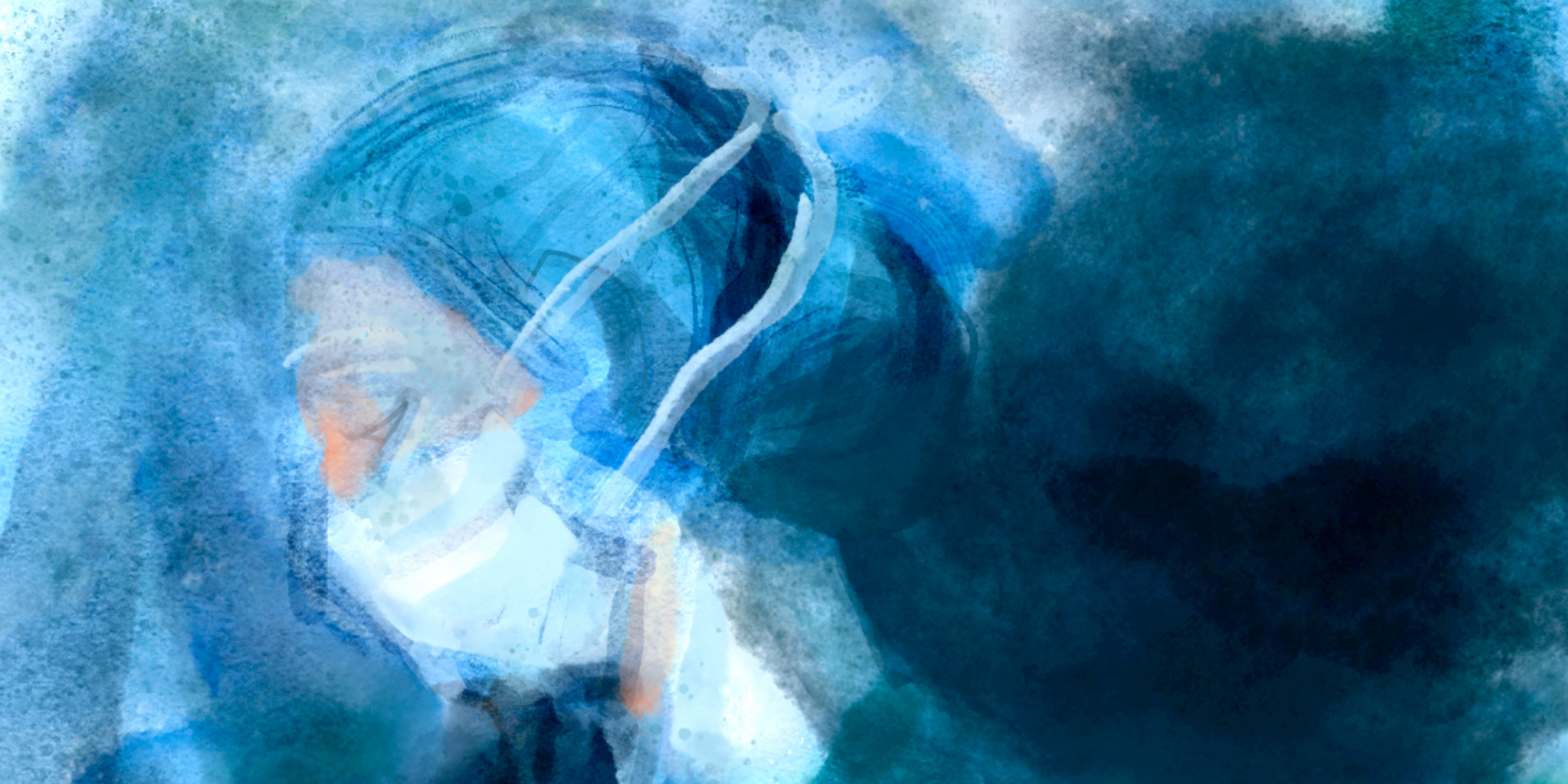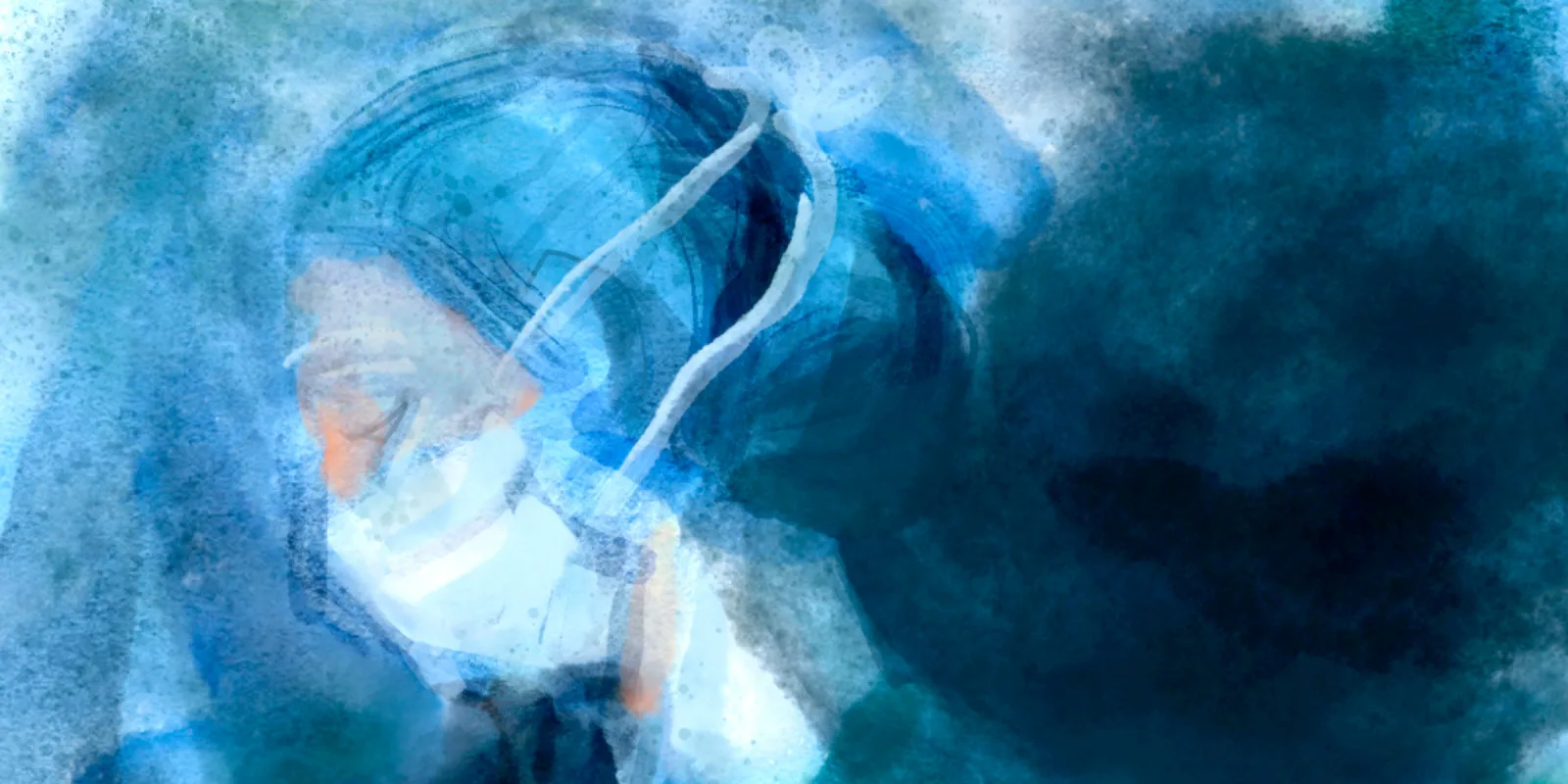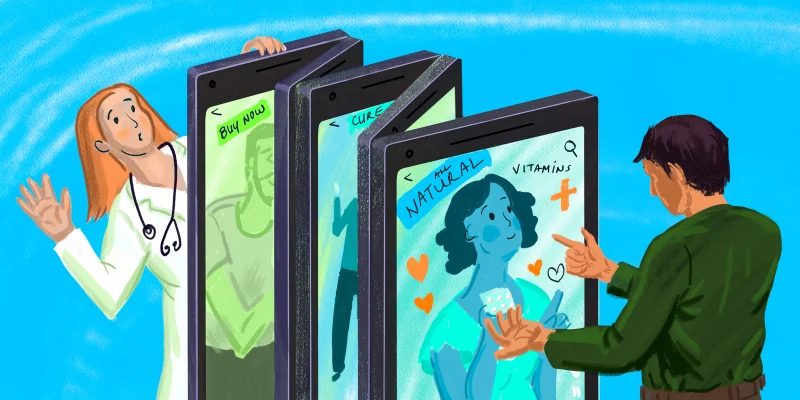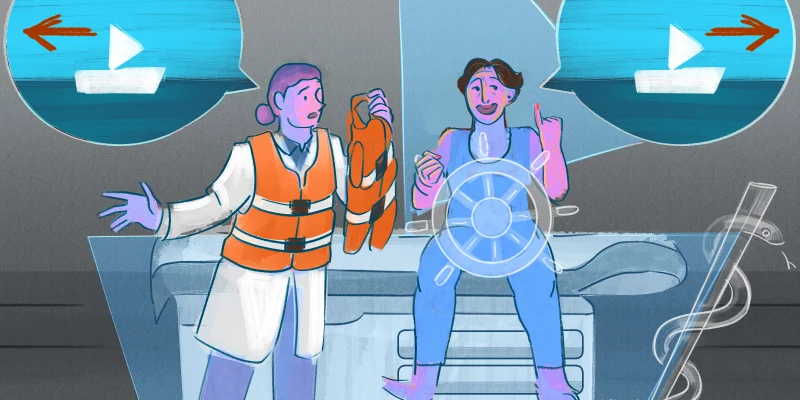
I am healthy, but my heart is broken. It is a warm day in late March, with hints of early spring in New York City, sunlight falls on concrete and windless calm settles over the East River. I am leaving my hospital following a shift devoted to the care of patients with COVID-19. To my left, a collection of large, white, refrigerated trailers arranged side by side reminds me of tailgaters at a college football game. The mobile morgues do not unduly bother me. Under more usual circumstances, I specialize in oncology. For all the progress that we have made in our struggle against cancer, human mortality remains our unwanted guest, eavesdropping on every patient encounter. Loss of human life — whether to cancer or COVID-19 — is invariably tragic. Today, though, in one of the epicenters of the worst pandemic in generations, it is not this human tragedy that has broken my heart.
It's the clapping.
The citizens of New York, like those of many other grieving cities, decided to applaud its health care providers. This simple and well-meaning expression of gratitude tears at me. I am in my mid-30s and near the end of 10 years of medical training. I am nonetheless considered to be young in our profession. I will not presume to speak for all of my colleagues. However, I would be willing to wager that nearly everyone who has walked the arduous and serpentine path into the medical workforce has — in some private moments — envisioned a day wherein their contribution would earn them adulation. Many of us enter the profession with great ambitions and deep insecurities. We have genuine desires to heal the sick, to feel of use to the broader world, to find our place, to succeed, and to be recognized. Terrible TV dramas notwithstanding, the grueling reality of modern medicine is opaque to most who are not directly involved. And yet, I believe that some small part of us looks to society at large to make its appreciation manifest.
Now that that day has come, I would personally give almost anything that it had not.
In a moment, I am transported back to medical school. I sit in the library, looking up from my laptop toward a small, inconspicuous door that disturbs the cold, soothing symmetry of bookshelves along the wall. Behind the door is an anachronism. Shelves of records and antiquated medical equipment form a museum of sorts, designed to celebrate the incipience of American medicine. Among the records are old research theses from the last two centuries. Some of these describe infectious diseases that now rarely ever come to the attention of doctors in the industrialized West.
At least one such work in that closet discusses cholera. David Nalin, an alum of my medical school from the last century, is credited with a breakthrough in the treatment of that disease, which is called oral rehydration therapy. In simple terms, his invention was an electrolyte solution that a patient drank while suffering from the crippling illness. This therapy — a great advance in its time — epitomized the notion of a supportive treatment: doing nothing to affect the underlying disease process but allowing the patient to outlast the condition. At the time, in my untried medical opinion, the idea that glorified saltwater could have been our best answer to a problem as monumental as cholera inspired equal parts incredulity and smugness.
The physicians of my generation, trained in the last decade, were raised and weaned on unrelenting scientific progress as the mainstay of medicine. Across the spectrum of medical specialties, we wield therapies today that would have been unimaginable in the very recent past. We are not so haughty as to believe that we have all the answers, but we are certain that we will someday soon. Our generation is not the first to espouse this perspective, but I believe we have been trained to believe in it more completely than our forebears. The non-medical public also believes it. I hear that conviction in the clapping as I stand outside the overflowing morgues.
Unfortunately, the idea of ineffable progress is a fallacy. In our desire to continually prove ourselves right, we ignore the balance of medical history. We scarcely remember that, as a profession, we have only recently enjoyed some measure of success in combating infectious diseases. Previous generations, with limited technology at their disposal, learned to live in constant vigilance, to react swiftly at the first sign of contagion, and to respect the incredible destructive potential of epidemics. As horrific as it has been, the current pandemic would scarcely factor next to other more severe blights in the long march of human history. And yet, despite multiple self-limited outbreaks of coronaviruses over the past twenty years, we found ourselves largely unprepared.
Were our history not relegated to decaying manuscripts in dusty rooms, we may have felt steadier in the wake of recent events. It is an uncomfortable history, fraught with ignorance and failure rather than ceaseless advancement. It is ours, nonetheless. In some measure, my colleagues and I, the medical trainees who have been called to action in the face of COVID-19, have paid for that miscalculation with the loss of our innocence.
We will again be healthy, and the forward march will continue. So too will the heartbreak. Youth never returns, and for my generation of physicians and health care workers, it is in the epicenters that we have come of age.
Louis Williams is a fellow in hematology and medical oncology in New York City with a strong interest in the history of medicine and the complex relationship between medicine and society. He has no relevant disclosures related to this essay.
Illustration by Jennifer Bogartz
Click here to see more perspectives on COVID-19 from the Doximity network.
Click here for up-to-date news about COVID-19 on Doximity







